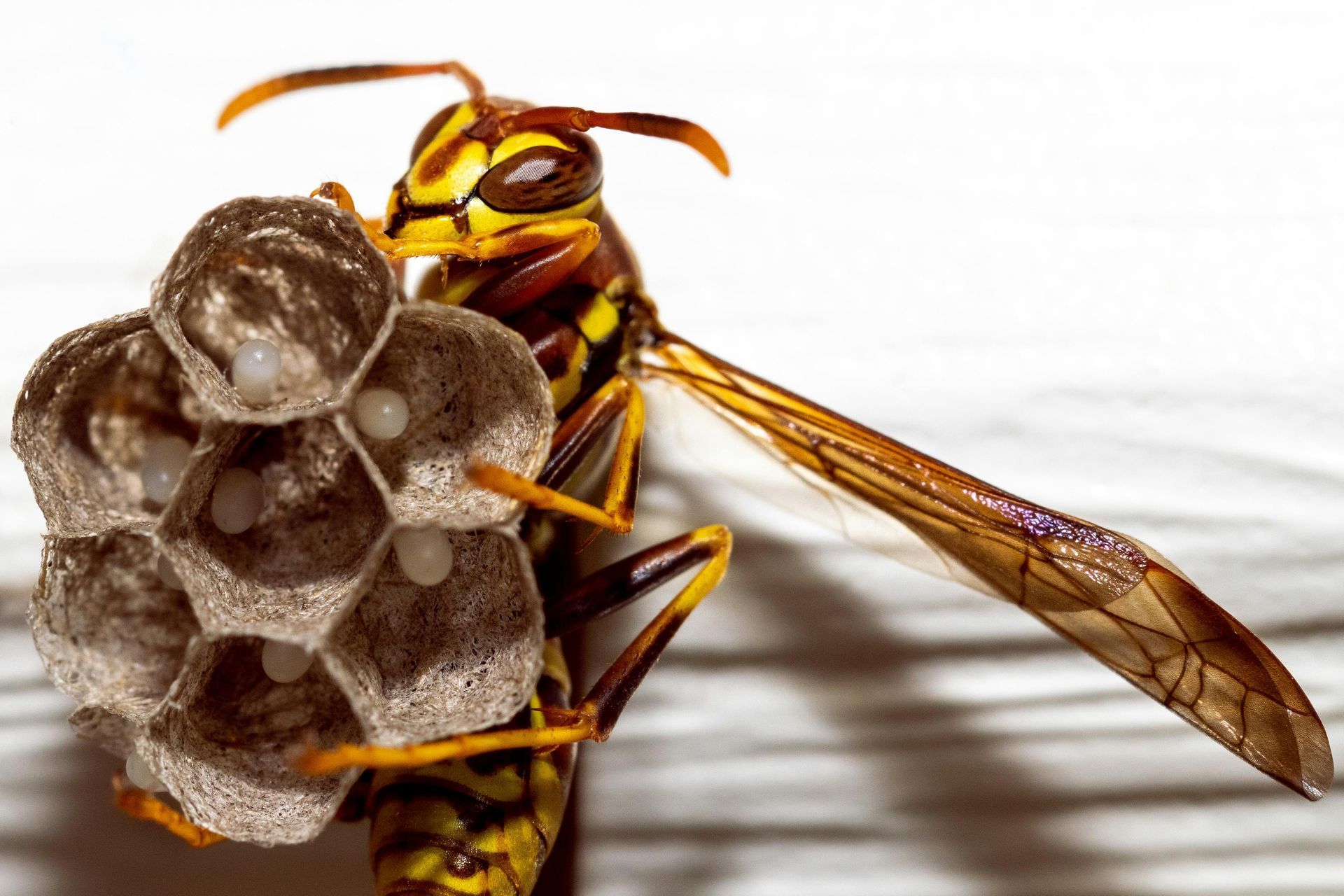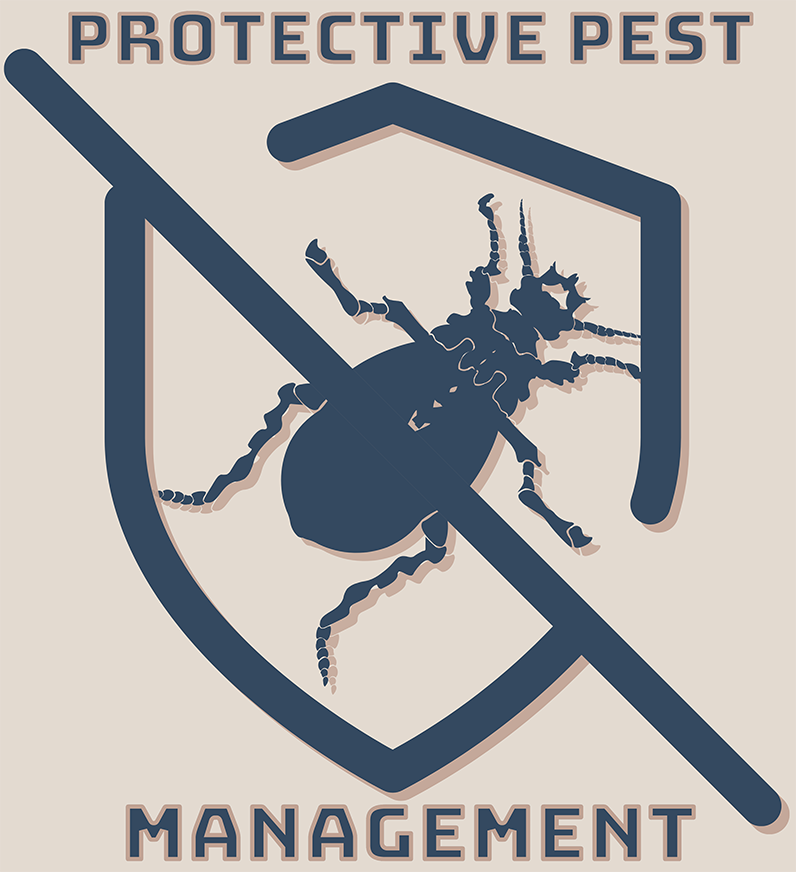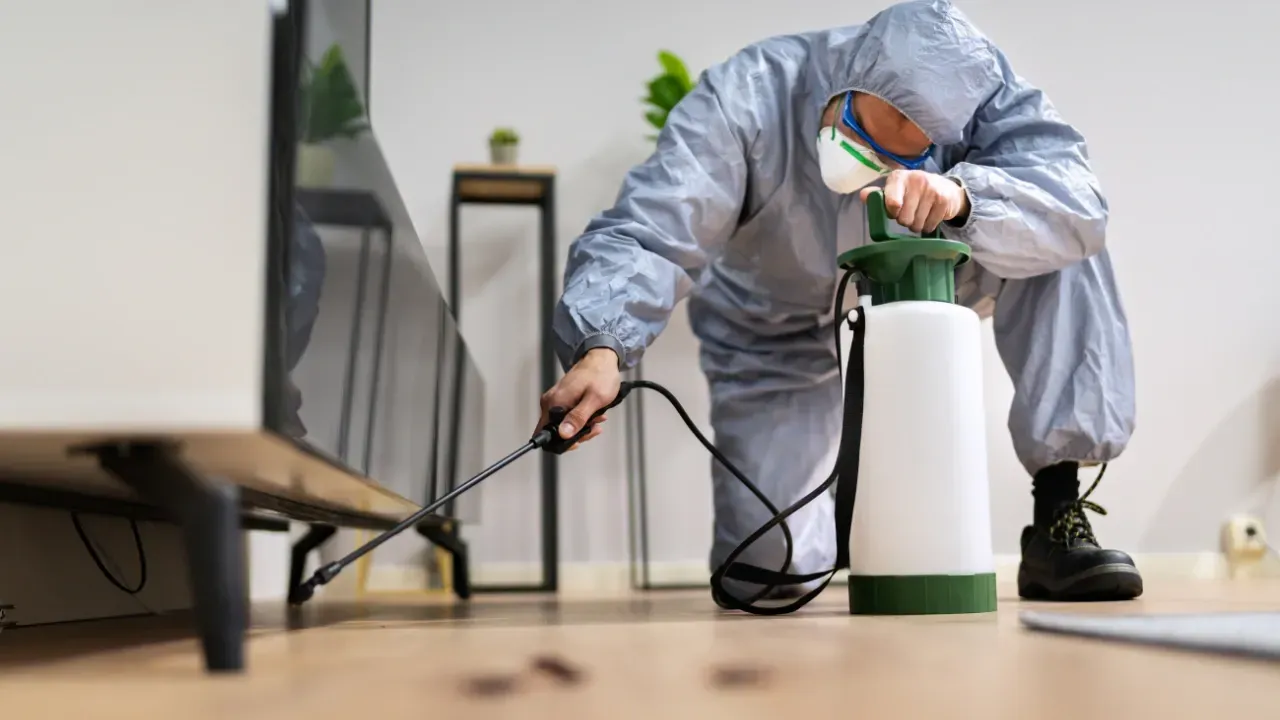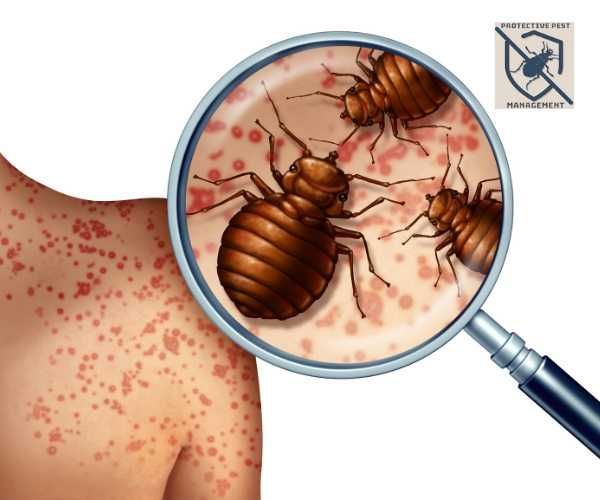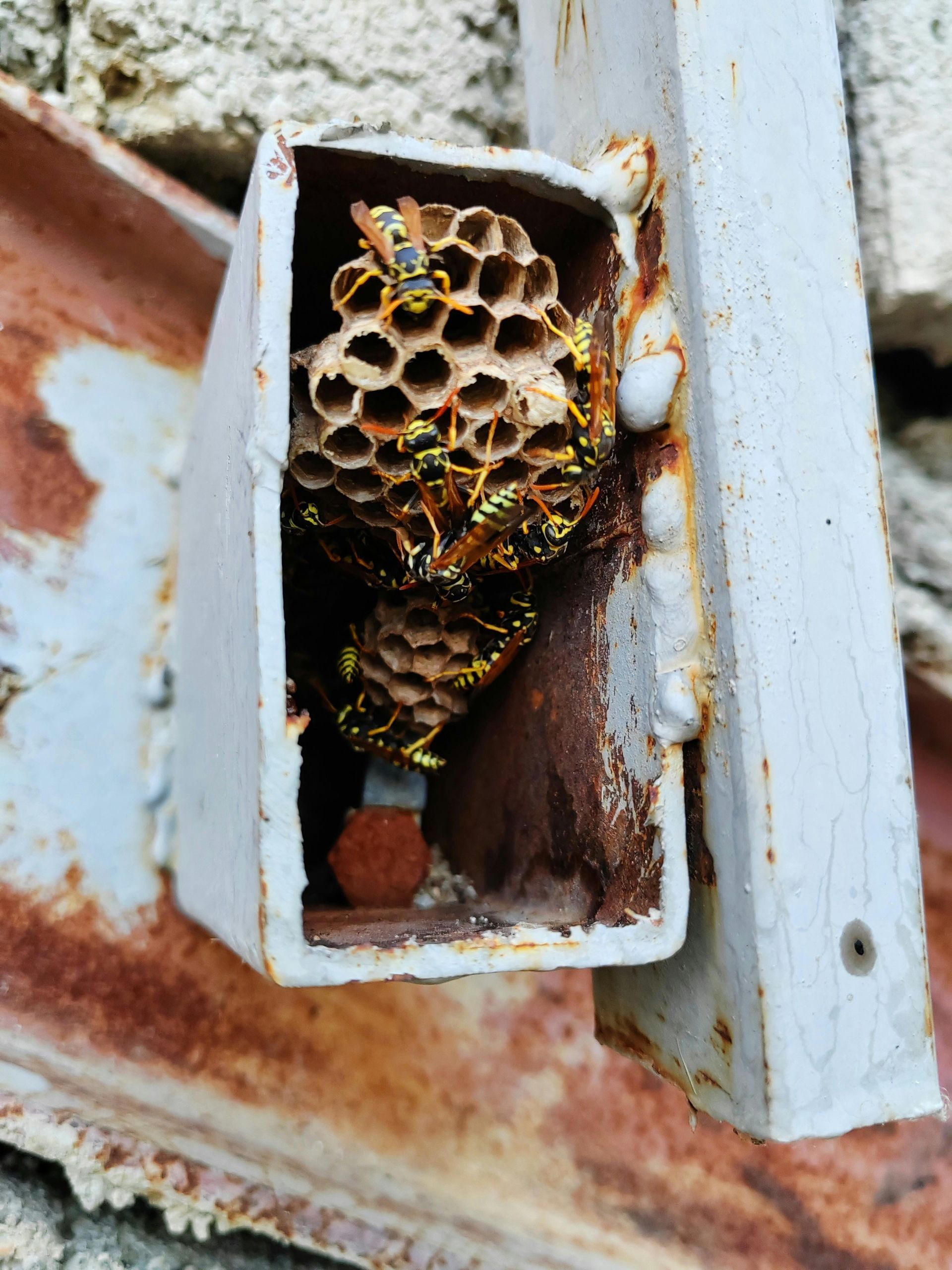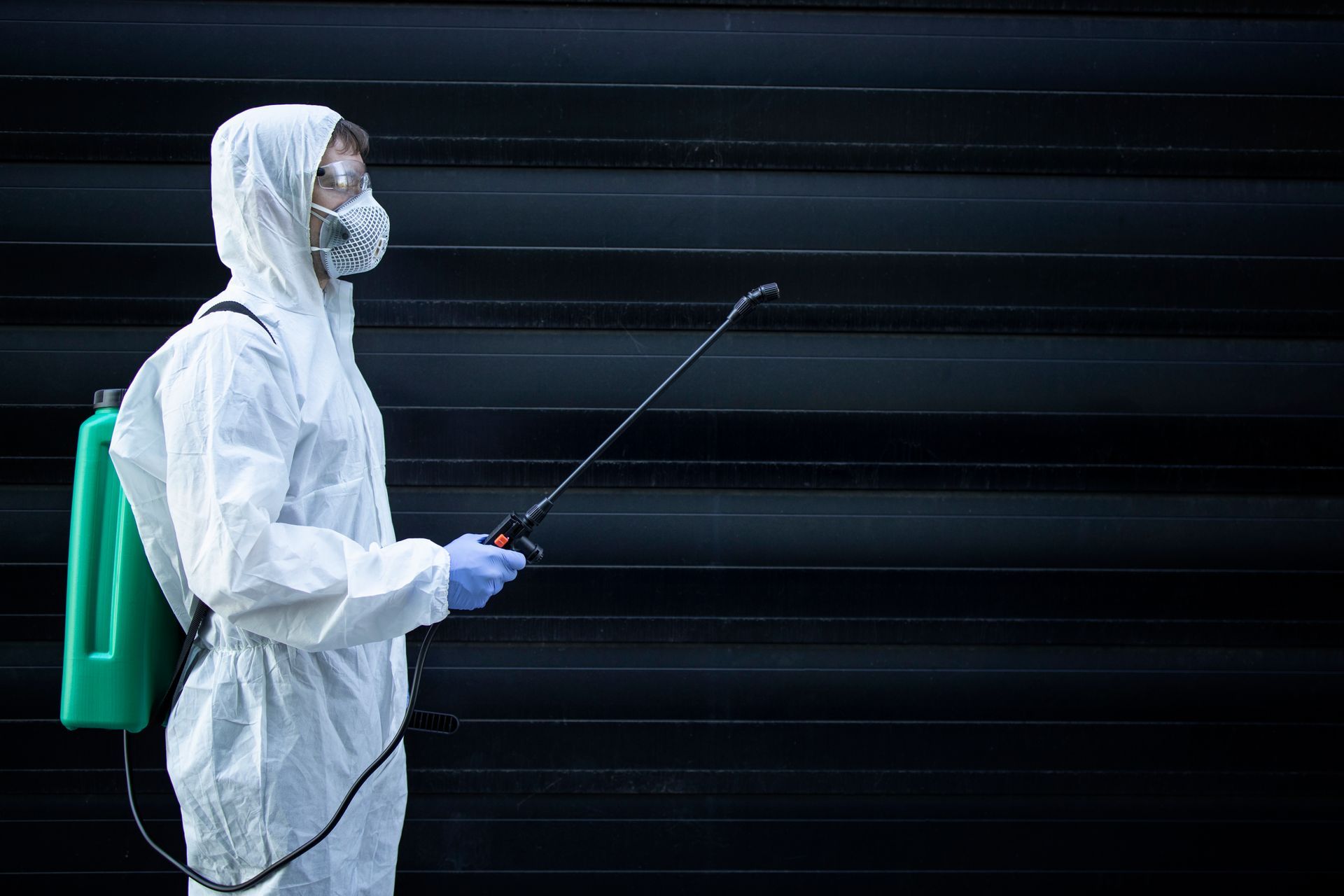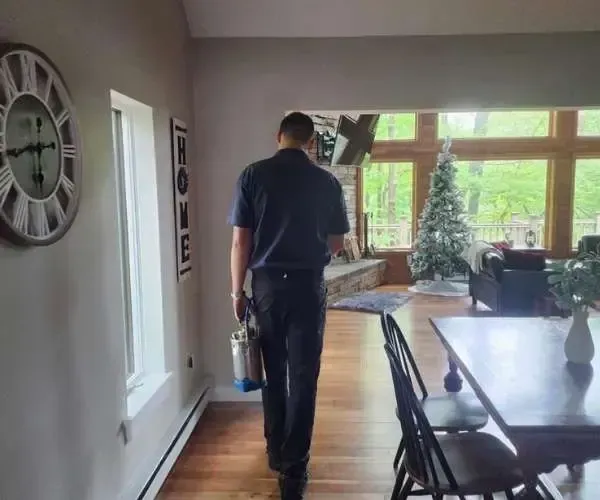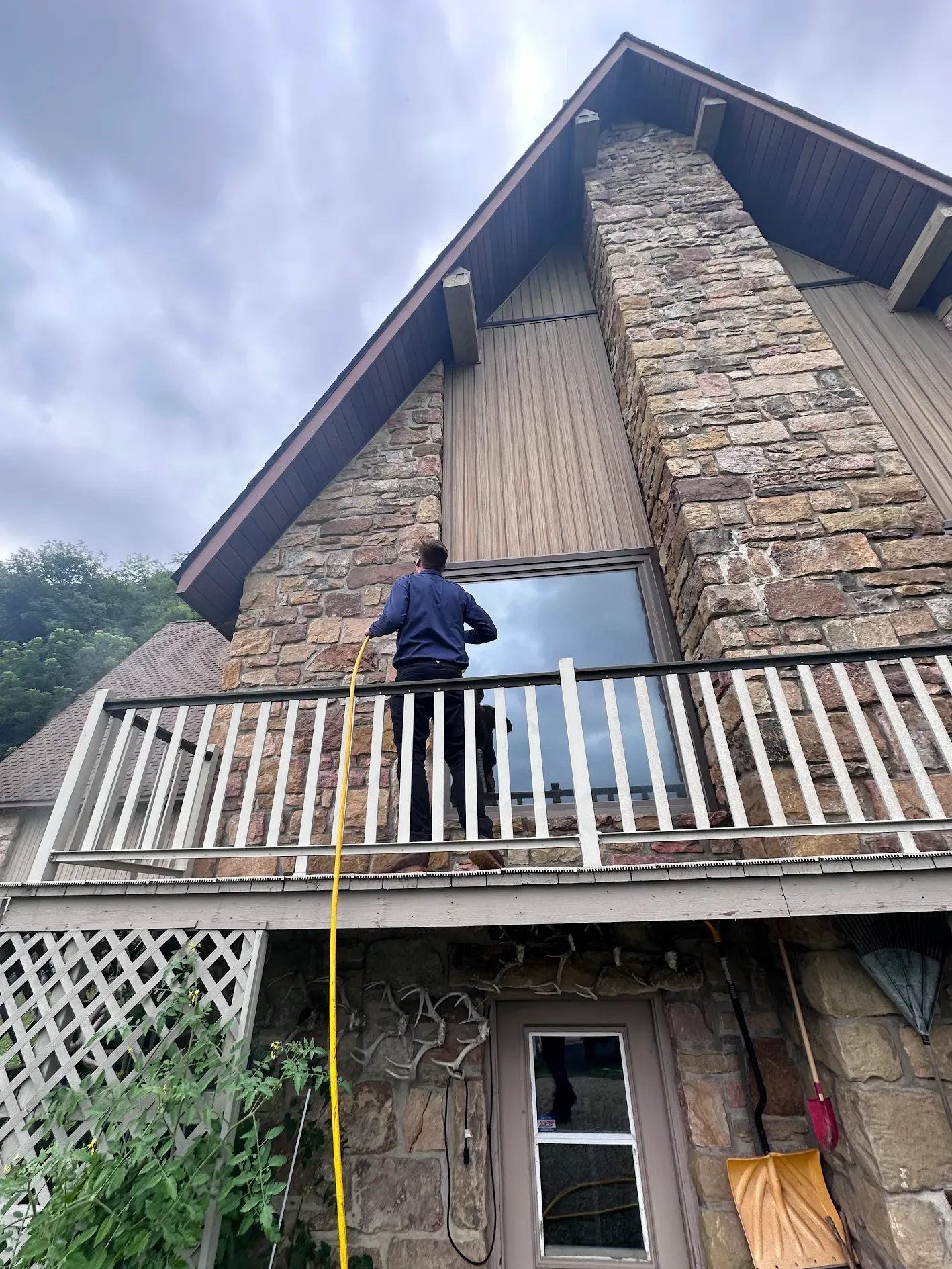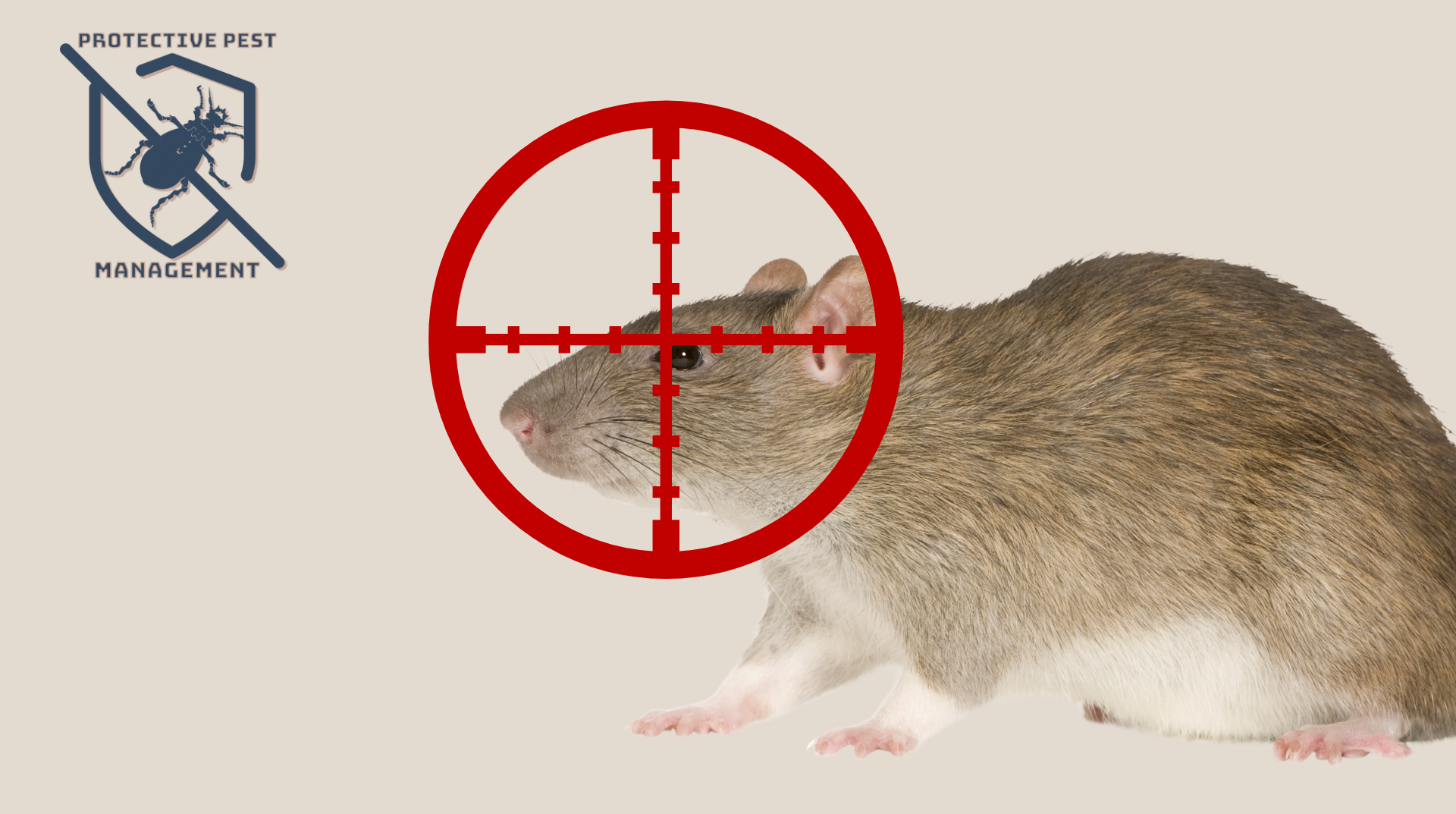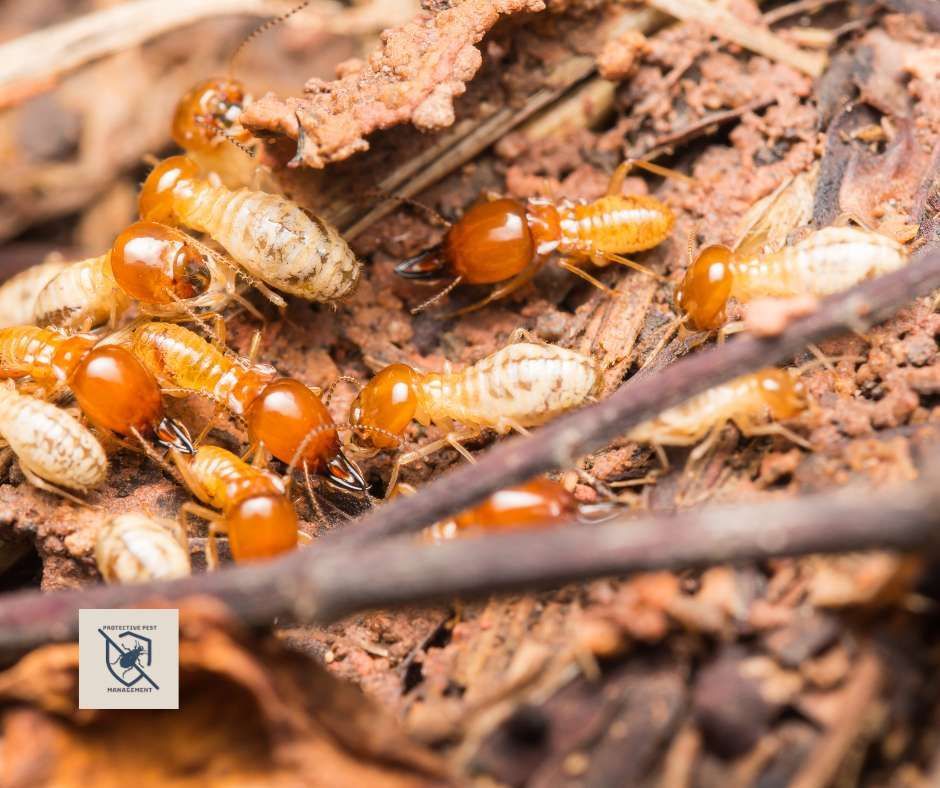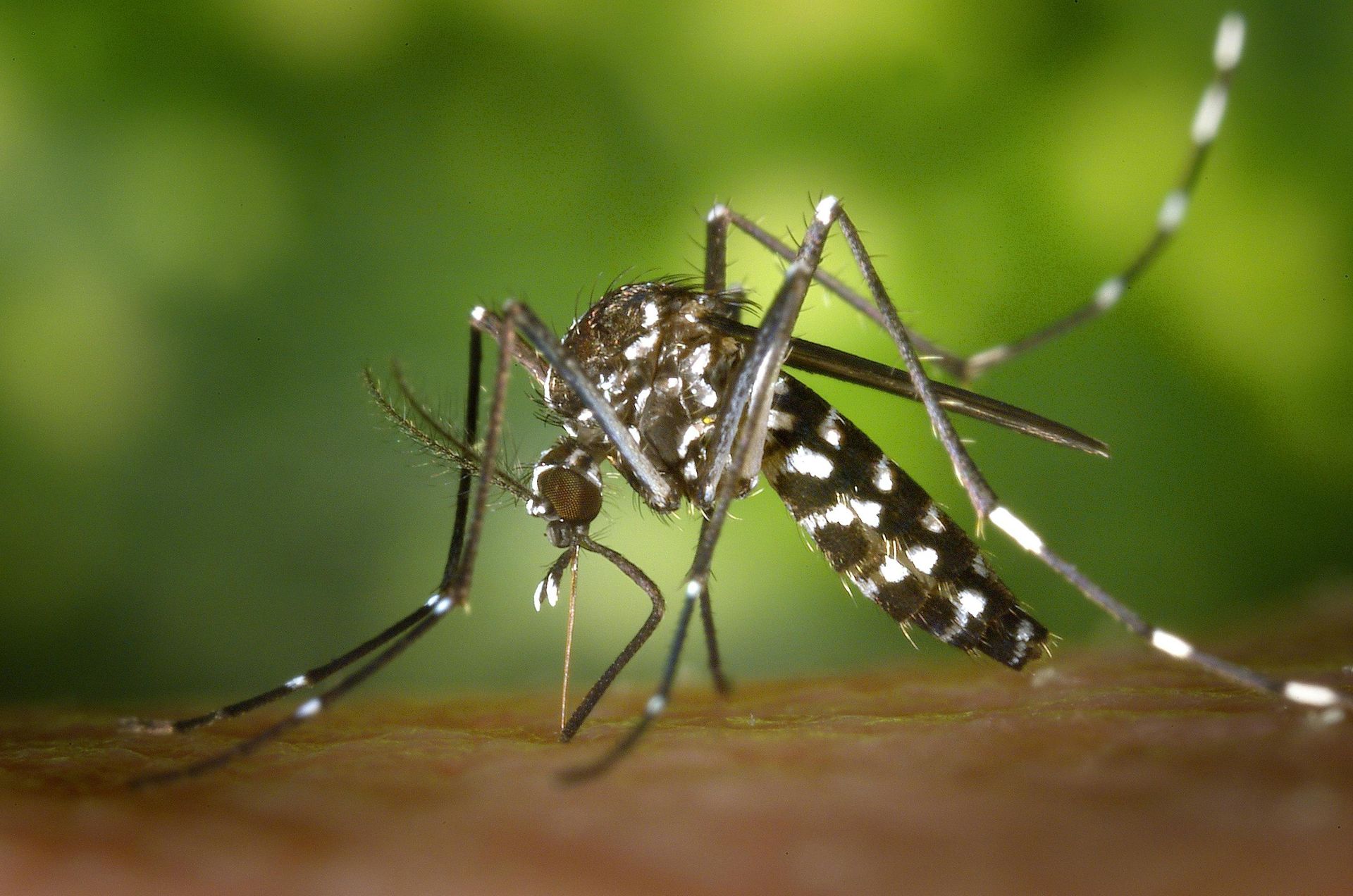What’s the Difference Between Hornet and Wasp Control?
When you see stinging insects buzzing around your yard or home, it’s easy to confuse hornets with wasps. After all, they look similar and both can deliver painful stings. However, hornets and wasps behave differently, build different kinds of nests, and require different control methods. Understanding these differences is key to protecting your family and property safely.
Let’s break down the differences between hornet and wasp control, and why professional treatment is often the best solution.
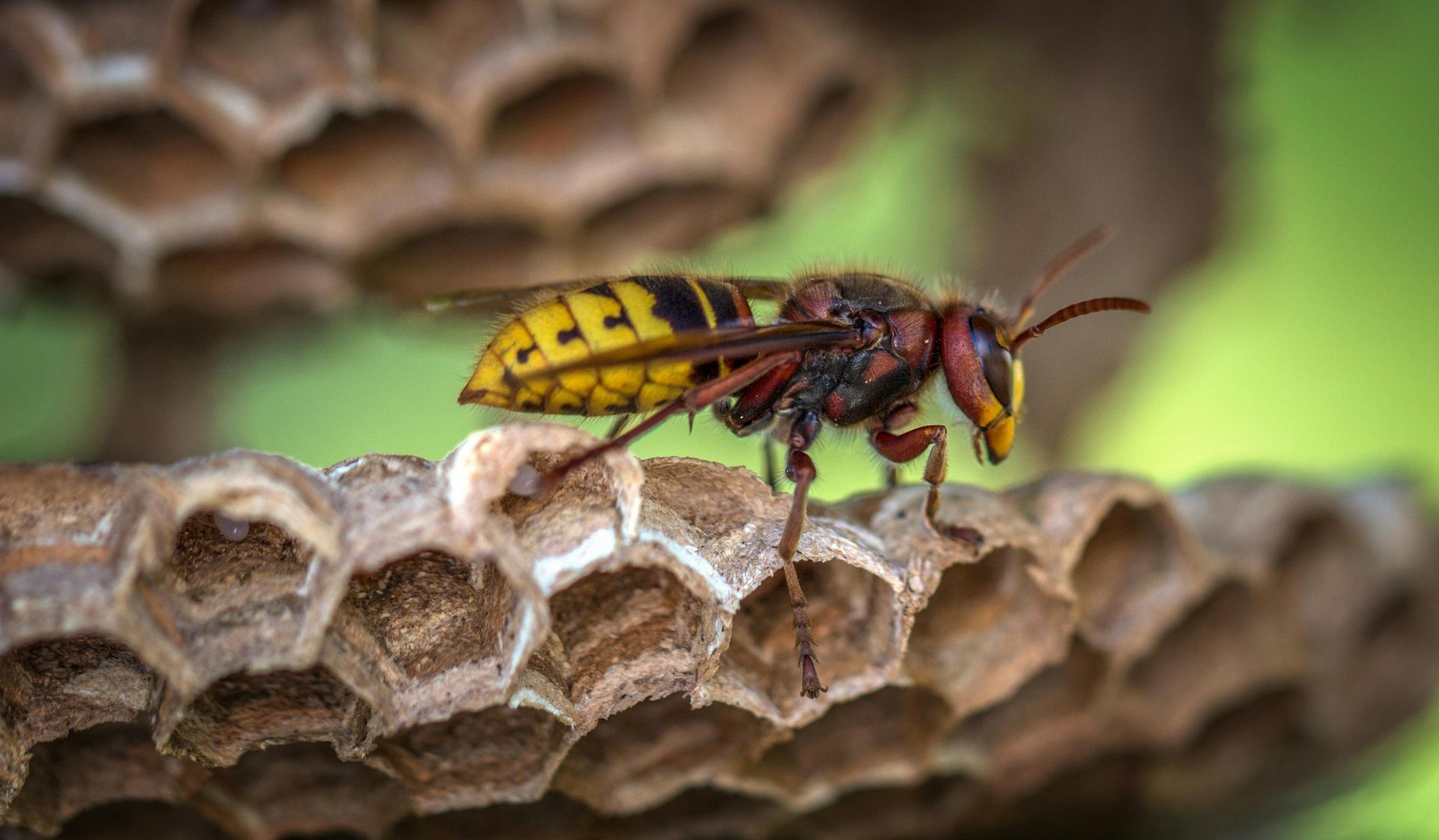
Identifying Hornets vs. Wasps
At first glance, hornets and wasps may seem alike, but there are noticeable distinctions:
- Hornets are a type of wasp, but are generally larger and more aggressive. Their bodies are stockie,r and they are often black with white or yellow markings.
- Paper wasps, one of the most common wasp types, have slender bodies with longer legs and are usually reddish-brown or yellow with black markings.
Identifying which pest you’re dealing with is important because it determines the safest and most effective control method.
Nesting Behavior
Hornets and wasps differ greatly in where and how they build their nests:
- Hornets typically build large, round, paper-like nests in trees, shrubs, or even on the side of houses. These nests can grow very large, housing hundreds of insects.
- Wasps, such as paper wasps, usually build smaller umbrella-shaped nests under eaves, decks, or porch ceilings.
Because hornet nests can be massive and heavily guarded, attempting DIY removal is extremely risky.
Aggressiveness and Safety Risks
Both wasps and hornets can sting repeatedly, but hornets are usually more aggressive when defending their nests. Disturbing a hornet nest can quickly turn dangerous, as dozens of hornets may attack at once.
Paper wasps are less aggressive but will still sting if they feel threatened. For families with children or pets, both pose serious risks if left untreated.
Control Methods for Wasps
Controlling wasps often involves removing smaller nests and applying targeted treatments. Paper wasp nests can sometimes be treated with sprays if caught early, though professional removal is still the safest option.
Experts also look for signs of multiple nests and take preventive measures to discourage future activity, such as sealing entry points and reducing attractants like open garbage bins.
Control Methods for Hornets
Hornet control requires a more specialized approach due to their aggressive nature and large colony size. Professionals use protective gear and specialized products to neutralize the nest safely. In some cases, removal may be scheduled for evening hours when hornets are less active.
Because hornets can cause serious injuries if disturbed, DIY methods are strongly discouraged.
Why Professional Pest Control Matters
While DIY sprays and traps are available, they rarely solve the entire problem and can put homeowners at risk of painful stings. Professionals bring the expertise, equipment, and safety training necessary to remove hornet and wasp nests effectively.
Families in areas like
Ebensburg often benefit from professional wasp and hornet control services because seasonal infestations are common during warmer months. Having a trusted expert means pests are handled quickly and safely.
Why Choose Protective Pest Management?
When it comes to stinging insects, safety should always come first. Protective Pest Management offers proven wasp and hornet control solutions tailored to your property. Our team knows how to identify, treat, and prevent infestations while keeping your family safe. With years of local experience, we’re committed to giving you peace of mind and lasting results.
Get Your Free Wasp Control Quote Today
Don’t risk painful stings by trying to tackle hornets or wasps on your own. Contact Protective Pest Management for expert control services. Call us today at (814) 244-0067 or fill out our online form to schedule a free quote.
